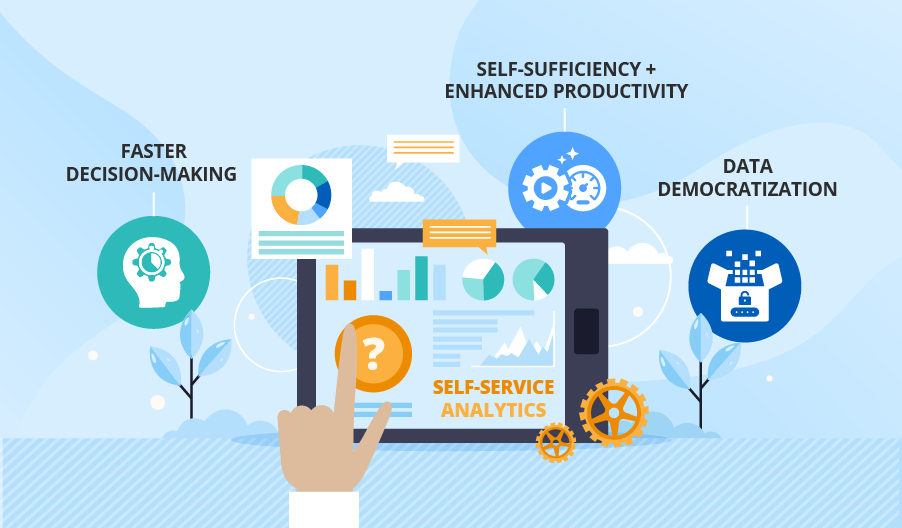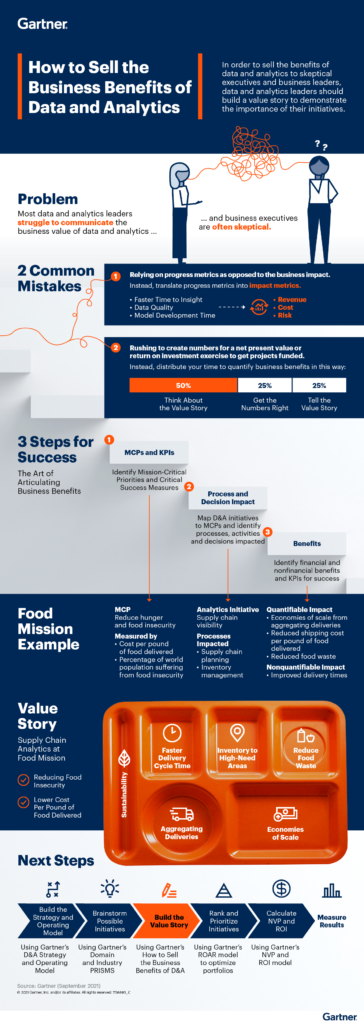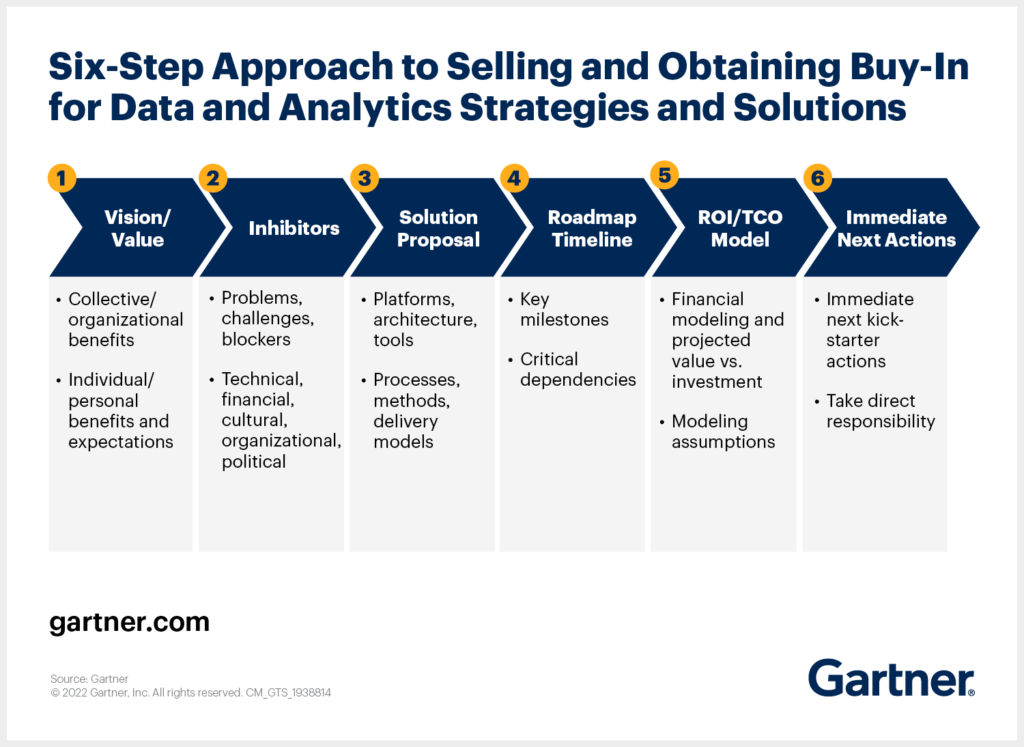In today’s data-driven world, the demand for skilled professionals in data analytics is on the rise. As a result, internships in this field have become highly competitive, making it essential for aspiring candidates to possess the right skills and knowledge to stand out from the crowd.
If you’re looking to kickstart your career in data analytics, securing an internship is an excellent way to gain practical experience and build your professional network. However, getting your foot in the door can be challenging, especially if you’re new to the industry. In this article, we will explore the steps you can take to increase your chances of landing an internship in data analytics and help you pave the way towards a successful career in this exciting field.

How to Get Internship in Data Analytics
Data analytics is a rapidly growing field, and obtaining an internship in this field can be a great way to gain valuable experience and build your professional network. Companies of all sizes are looking for interns who can help them analyze their data and make better business decisions. Here are some tips on how to get an internship in data analytics.
Research Your Options
Before you start applying for internships, it’s important to research the various positions available and determine which ones are the best fit for you. Consider what type of data analytics you would like to specialize in, such as web analytics, marketing analytics, or customer analytics. You should also look into the specific requirements for each internship, such as technical skills or experience with certain software. This will help ensure that you are applying for positions that are suitable for your skillset.
You can find information on various internships by searching online and visiting company websites. Many companies also post their job openings on job boards and social media sites. Additionally, you may be able to find internships through your school’s career services department or by networking with professionals in the field.
Gather Your Materials
Once you’ve identified a few positions that you’re interested in, it’s important to make sure that you have all of the necessary materials to apply. This includes a resume, cover letter, portfolio, and any other documents that might be required. Your resume should highlight your relevant experience and skills, such as your knowledge of data analytics, programming languages, and software. You should also include any related coursework or certifications.
Your cover letter should explain why you are the best candidate for the position. You should also provide details on your previous experience, such as your work with data analytics and any projects you have completed. Finally, make sure to proofread all of your documents for any typos or errors.
Prepare for the Interview
Once you’ve submitted your application, you should prepare for the interview. Make sure to research the company and the position, as well as any projects or initiatives they are working on. You should also be prepared to answer questions about your experience, such as your knowledge of data analytics and any challenges you’ve faced. Additionally, you should be prepared to discuss any questions or concerns that the interviewer may have.
It’s also important to practice your interviewing skills. Make sure to practice your answers to common questions and practice your body language, such as making eye contact and speaking clearly. This will help you to remain calm and confident during the interview, which will be beneficial in showcasing your skills and experience.
Follow Up After the Interview
Once you’ve completed the interview, it’s important to follow up with the company. This can be done by sending a thank you note to the interviewer or by inquiring about the status of your application. Doing this will show the company that you are interested in the position and are willing to put in the effort to get the job.
Additionally, it’s important to stay in touch with the company. This can be done by connecting with them on social media or attending industry events. Doing this will keep you top of mind and may even increase your chances of being hired.
Frequently Asked Questions about Getting an Internship in Data Analytics
Data analytics is a growing field that offers a wide range of exciting career opportunities. Getting an internship in data analytics can help you gain invaluable experience and knowledge that can help you stand out in the job market. Here are some frequently asked questions about getting an internship in data analytics.
What Qualifications Do I Need to Get an Internship in Data Analytics?
To get an internship in data analytics, you will need to have a strong understanding of the basics of data analytics. This includes experience with programming languages like Python and R, knowledge of data visualization tools like Tableau and Power BI, and an understanding of the fundamentals of statistics and machine learning. You should also have excellent communication and problem-solving skills, as well as the ability to work independently and as part of a team. It is also important to have a basic understanding of the industry, its current trends, and the tools that are commonly used.
How Can I Find an Internship in Data Analytics?
There are a variety of ways to find an internship in data analytics. You can start by searching online for internships in data analytics and applying to those that match your skills and interests. You can also reach out to your network of friends, family, and colleagues and ask if they know of any internships or companies looking for interns. Additionally, you can search for internships on job listing sites, such as Indeed and Monster, or attend career fairs and networking events to meet potential employers.
What Are the Benefits of an Internship in Data Analytics?
An internship in data analytics can offer a range of benefits. Interning in this field will give you the opportunity to gain hands-on experience in data analytics, which can be incredibly valuable when it comes to applying for jobs. Additionally, you will get the chance to develop your skills in data analysis, data visualization, and machine learning, as well as gain an understanding of the industry and the tools and techniques used in data analytics.
What Are the Challenges of an Internship in Data Analytics?
Although internships in data analytics can be incredibly valuable and rewarding experiences, there are also some challenges that you may face. As an intern, you may find yourself working on projects outside of your comfort zone or with tools and techniques that you are unfamiliar with. Additionally, you may have to work with tight deadlines and learn quickly to keep up with the demands of the role.
What Opportunities Are Available for Interns in Data Analytics?
Interns in data analytics have a wide range of opportunities available to them. These opportunities include working on projects such as data analysis, machine learning, data visualization, and more. Additionally, many internships offer the opportunity to gain experience in leading projects and working with teams to create innovative solutions. Interns also have the chance to network and build relationships with professionals in the field, which can open up future career opportunities.
In conclusion, landing an internship in data analytics can provide you with unparalleled experience and exposure to the world of big data. It is an excellent opportunity to gain hands-on experience in a rapidly growing industry and to work with cutting-edge technology. To secure an internship in data analytics, it is essential to start early, build a strong resume and cover letter, and network with professionals in the field. Additionally, it is crucial to continually improve your skills and stay up-to-date with industry trends.
Remember that landing an internship in data analytics is not just about getting the job; it is also about developing a passion for the field and building a long-term career. Make the most of the experience by learning as much as you can, networking with professionals, and seeking feedback from your mentors. With the right attitude and preparation, you can stand out from the competition and build a successful career in data analytics. Good luck!



